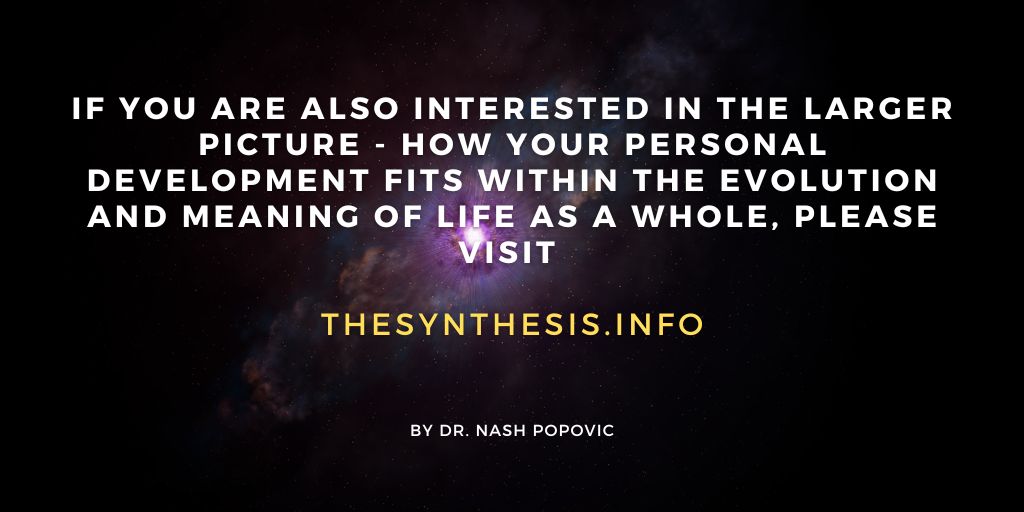18. Confidence
If you think you can, you are right, If you think you can’t, you are right.
John Ford (American industrialist)
We need some confidence in many situations (e.g. at an exam, sports competition, first date, driving test, or when performing in front of an audience). So we will mostly focus on how to strengthen and fortify confidence, and touch upon overconfidence, but let’s start with what confidence actually is.
What is confidence?
Essentially, confidence means believing in yourself, believing that you are ok and that you will be ok, in whatever situation you find yourself. In fact, we all have confidence, but we take it for granted in many situations and usually focus on those in which we don’t have it. For example, you may take your confidence as given when you are with your family, and fret about a lack of confidence when among your colleagues. So, confidence is already there, although perhaps not to a degree you want in any given situation. The good news is that we can change our level of confidence and expand it to other situations and activities. The exercise below that utilises an associative link (see diagram) can be a step in that direction. The rationale for this is that we can’t change our level of confidence at will. However, we can bring an image to our mind at will. So, if we make a link between an image and confidence, by bringing that image to mind we can bring confidence too.
Picture confidence
- Recall an experience in which you have felt confident (e.g. playing with a child, dancing, chatting to a friend, playing football, writing something, cooking, etc.).
- What does confidence look like? Make an image of it (give it a shape, colour and location within the body).
- Memorise that image and bring it up in situations in which you need more confidence.
Dealing with self-sabotage
The above may not be enough if there are aspects of you that undermine your confidence, so let’s see how to deal with them.
Putting down yourself: we can be our worst enemies in this respect. If this applies to you, you can take the following steps:
- Bring into the open and acknowledge your critical voice.
- Try to find out why it is there: perhaps you have internalised somebody else’s attitude towards you, or it may be your way of avoiding responsibility or possible failure (if you persuade yourself that you are not good enough, you don’t need to try).
- Now, you may need to do some soul searching and decide if undermining yourself is justified or helpful. If you conclude that it is, you may as well give up. Otherwise, you can tell that voice to shut up or it will be ignored or banished.
- The last step is to gradually replace unhelpful messages with realistic but supportive ones (see below).
Unhelpful thinking: negative thoughts before an event may help you predict what can go wrong and prepare better. However, in the midst of a situation, positive thinking and supporting oneself is much better. These are some examples of negative thinking:
- ‘I can’ t make it’ ;
- ‘I am not good enough’ ;
- ‘I will be rejected or laughed at’;
- ‘It was only luck’.
Can you transform these into more positive messages? Be careful though, saying things such as ‘Everything will be fine’, ‘I am great!‘ ‘Everybody will love me’, won’t do. It can create false inflated confidence that can easily be undermined if things don’t turn out as expected which, in turn, reduces confidence. Here are some suggestions that may be better:
- ‘I can try, and see how far I can get’;
- ‘I will do my best, this is what matters most’;
- ‘If somebody rejects me, it is their loss, not mine’;
- ‘It wouldn’ t happen without me’.
Building your confidence
Before an event
- Preparation: knowledge (of the subject, audience, challenges, etc.) and/or practice can all help you be prepared.
- Reduced expectations increase confidence as they are more likely to be fulfilled: for example, your confidence will be greater if you expect that one or two people will like you at a party rather than expecting that everybody will adore you.
- Your sense of power can relate to physical power, intellectual power, power of attractiveness or kindness. What is yours?
During an event
- Relax to reduce tension. This will make you feel better and appear better, which will, in turn, strengthen your confidence. Being too laid back though may lead to making mistakes, so it is important to relax and stay focused at the same time.
- Focus on what is happening, not yourself: if you are concerned with the impression you are making, you are dividing your attention, so forget yourself and focus on what is going on.
- Focus on being your best rather than on the outcome: you can draw confidence from your performance or from its results. For example, you may focus on playing a game or music well, or on the outcomes (winning / admiration from others). These two may be linked but are not the same. The former depends mostly on yourself, while the latter depends on circumstances and others and therefore it is less predictable and more likely to make you nervous. Thus, focusing on being your best can make you feel more at ease and confident.
After an event
- Other people (their reactions, comments or feedback) can increase your confidence but they can squash it too, so perhaps it is not a good idea to rely on this form of support too much.
- Attributing success to stable factors (such as ability) rather than unstable factors (such as luck) also matters, so forget false modesty (‘it was only luck’) and own your successes.
Preserving confidence
Things don’t always go as planned, which can be a challenge to confidence. Let’s consider what to do in two typical situations:
If you made a mistake
- Rather than trying to hide it, admitting (to yourself and others) that you have made a mistake will affect your confidence less.
- Avoid judging yourself in the name of others (e.g. ‘now they must think that I am stupid’). It is not fair to them, as they may not be thinking that way, and not fair to your confidence too.
- Balance the significance of a mistake by taking into account what you also did well (keeping a diary of such instances you feel good about can come in very handy).
- Learn from your mistake and try again as soon as possible. The more you delay, the greater your anxiety and the greater your chance of repeating the mistake will be.
If you receive negative feedback
Check if there is some truth in what others are saying. If there is, make a change. Your confidence can grow, as you are now a different person from the one who was criticised. If there is no basis for it (sometimes people put others down out of envy or spite) remember that losing your confidence is exactly what they want – do not let them succeed!
Overconfidence
Being confident is important, but unrealistically high confidence can be even more harmful than the lack of it. Thinking that we always know best or that we are invincible leads to being blind to critical information and carelessness. Arrogance is actually often just a façade for ‘bluffer’s confidence’, characterised by taking unnecessary risks, stretching oneself too much, and alienating others. As all this can easily change success into failure, the usual outcome is a confidence rollercoaster. To avoid overconfidence you only need to recognise that you are heading in that direction and not let yourself be carried away. Allowing for the possibility that you may be wrong is less costly than ending up being wrong. So prudence, in fact, can strengthen your confidence.

